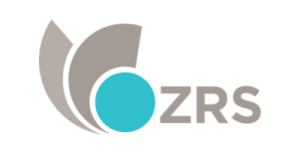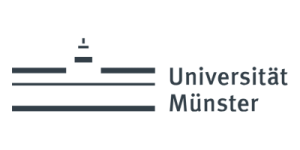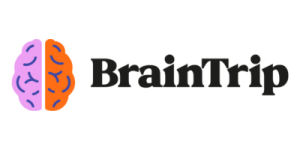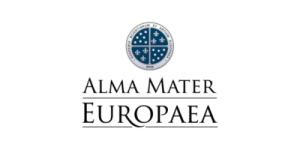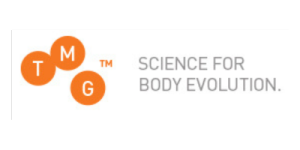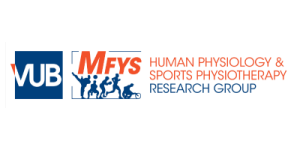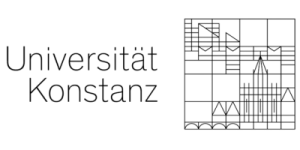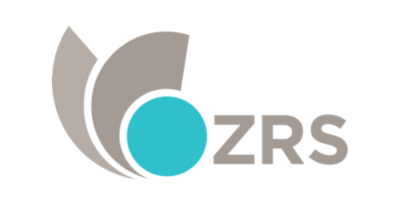About Project
The overall objective of the TBrainBoost is to boost international and intersectoral mobility and improve links between academia, business and society in the field of healthy aging.
Historically, European research institutions and businesses have operated independently, with academia focusing on basic research and nurturing future scholars, while businesses drive innovation for societal benefit. However, this division no longer aligns with the European Commission’s vision of competitive sustainability. The COVID-19 pandemic emphasized the need for academia and industry collaboration, yielding rapid vaccine development. Such collaboration is vital for addressing Europe’s pressing challenges, particularly in the realm of healthy aging. TBrainBoost’s main objective is to enhance international and intersectoral mobility and strengthen connections between academia, business, and society in the field of healthy aging. This will be achieved through academic-business secondments and various educational activities, fostering a culture of knowledge sharing, experience exchange, and skills development. The project has received support from the Ministry of Education, Science, and Sport in Slovenia.
Specific objectives
1. Enhancing academia and industry collaboration through secondments:
At least 25 individuals from 9 institutions, including academia and industry, in two widening countries will spend extended periods between 2024 and 2027 at academic and industrial organizations in non-widening countries. These non-widening countries are recognized for their strong innovation performance, with Belgium ranking 5th and Germany 9th on the European innovation scoreboard. This exchange will enable researchers from Slovenia (13th place, 102.7 points) and Malta (18th place, 93.0 points) to learn from successful innovation environments. It's an opportunity for researchers from widening countries to observe and learn about academia-industry collaboration, promoting knowledge transfer tailored to individual needs.
2. Strengthening training and lifelong learning for R&I staff:
Researchers, project managers, experts, innovators, data analysts, and administrators from widening countries will undergo secondments to institutions in non-widening countries. This initiative aims to enhance the capacity of Research and Innovation (R&I) support in widening countries by establishing specialized positions such as knowledge brokers, data stewards, and research infrastructure operators. Participants will also have the opportunity to acquire new knowledge through workshops. To ensure sustainability, educational activities and materials will extend beyond the project's duration. Additionally, academia-industry contact points will be established at widening institutions for long-term skills development.
3. Enhancing researchers' entrepreneurship and employability:
Our action plans require individuals to identify and enhance entrepreneurial skills during their secondments. Those visiting widening institutions with educational programs will participate in relevant economics, business, and management courses. Each secondment includes preparing an actionable business plan with the industry partner and learning to pitch it to investors. The implementation occurs during the reintegration phase at an existing local or international business event. Workshops and ERA weeks offer opportunities to gain new knowledge about entrepreneurship, business ideas, and realization steps. Summer schools provide younger researchers insights into the connection between academia and entrepreneurship.

